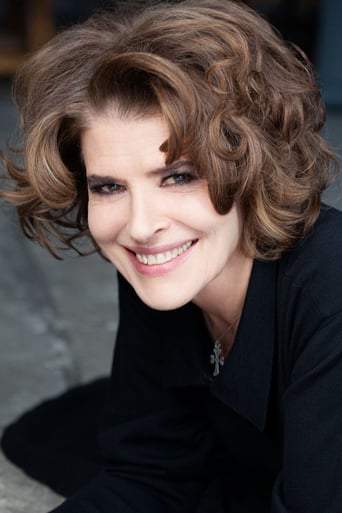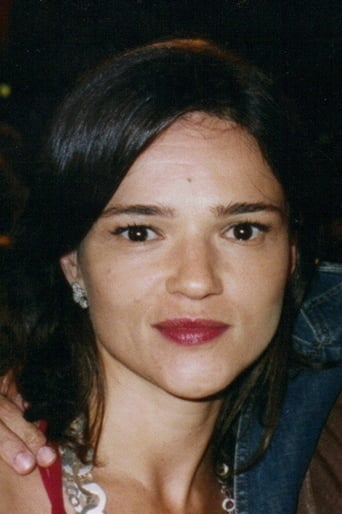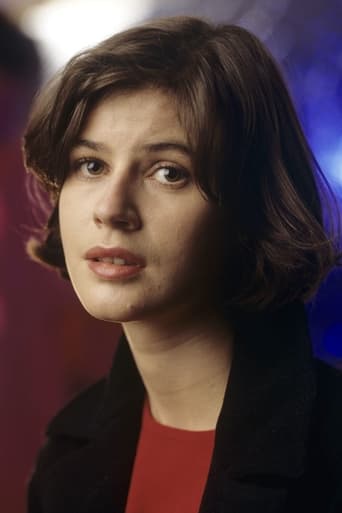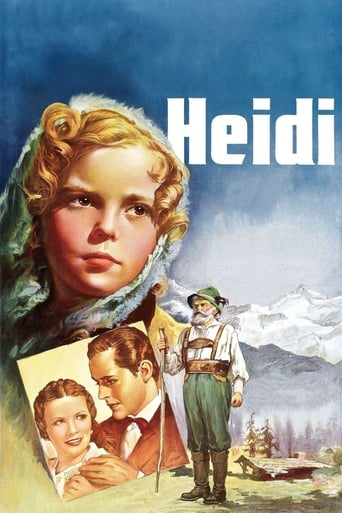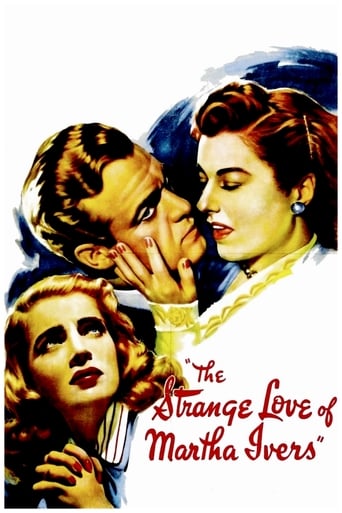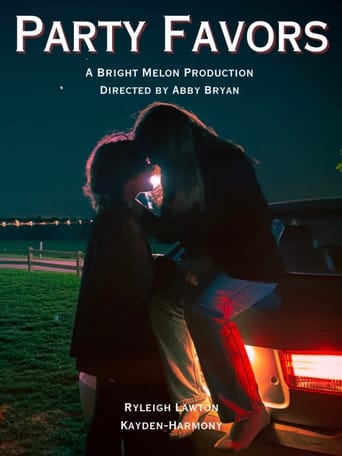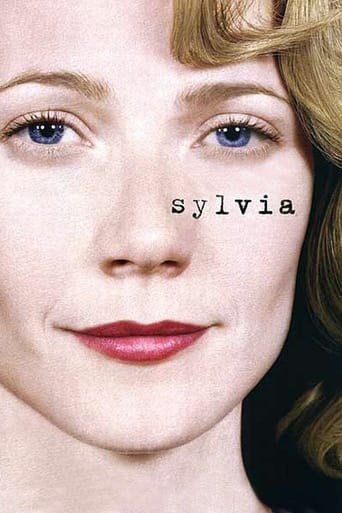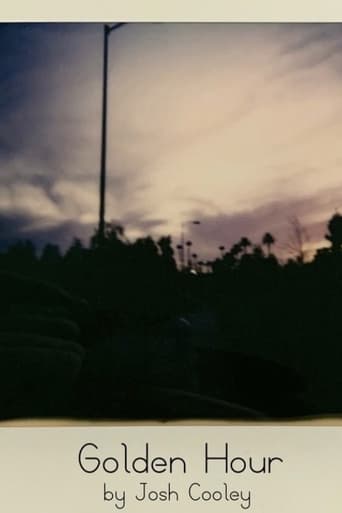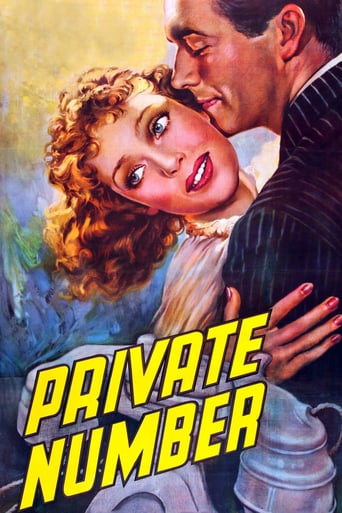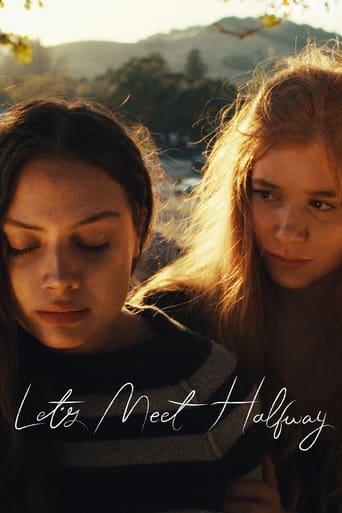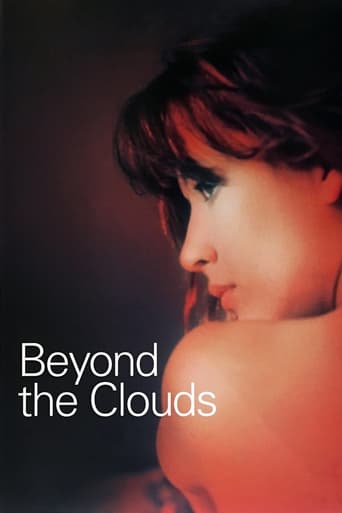
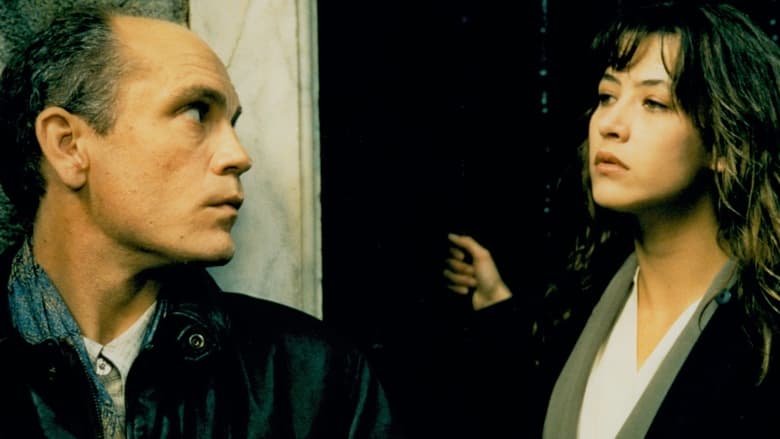
Beyond the Clouds (1999)
Made of four short tales, linked by a story filmed by Wim Wenders. Taking place in Ferrara, Portofino, Aix en Provence and Paris, each story, which always a woman as the crux of the story, invites to an inner travel, as Antonioni says "towards the true image of that absolute and mysterious reality that nobody will ever see".
Watch Trailer
Cast
Similar titles
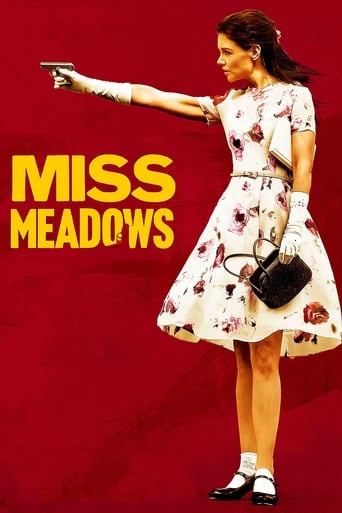
Reviews
the audience applauded
Strong and Moving!
How sad is this?
Fresh and Exciting
"You love only when you're after something inaccessible; you only love what you don't possess." - Proust Michelangelo Antonioni wrote "That Bowling Alley On The Tiber" in the mid 1980s. Despite being a compilation of disparate short stories, the book contained a single overarching narrative; that of a director who constantly collects images, with an eye toward spinning these images into films.Misperceived as a collection of disconnected short films, Antonioni's "Beyond The Clouds" tells the same story: the tale of a director who collects - and works simultaneously forwards and backwards from - images, investing them all with content. This act of an artist conjuring art out of absence, of imbuing images with fantastical pasts, presents and futures, then becomes Antonioni's metaphor for "love". Love, in other words, is illusionary, and is always defined by the visual imagination.Cast because of his resemblance to Antonioni, the film stars actor John Malkovich as a wandering film director. Opening shot: Malkovich floating through clouds, entering a dream space. The artist then spins these clouds into the misty streets of Italy. Here he speaks of the "vital impulse" which "drives life", and "deceives us into creating pasts and futures". He then picks up a camera. "Reality exists behind the image," he says. Typical of Antonioni, the film's dialogue has a metaphysical twang.Malkovich then takes a photograph of a street. From this image he will conjure a story. The film itself consists of numerous stories nested within stories, all of which are spun from things Malkovich sees and all of which charter the disintegration of love's myths.The film's first story involves an ultra beautiful young man and young woman. Later the young man will conjure the woman up whilst gazing out a hotel window. The hotel is shrouded in fog and water. Hypnotically, incessant traffic flows in the background.The couple talk: "We all want to live in someone's imagination," he says. Earlier he spoke of mankind's rise in disenchantment. Love, Antonioni implies, is an enchantment that continues to survive. He loves her, he then says, because her eyes are empty, free to be filled by his idealized brush. But their wants are impossible. They retreat to separate bedrooms and fantasize about each other. The film is about the closing of the gap between those two bedrooms. He conjures her up again after watching a film. They speak, every line about objects being perverted; scents, eyes, coffee leaves which give off signals. Every part of the body is an object to be invested with story; fetishized by the mind's eye. They then climb a flight of stairs up to her apartment. He stands before a window (note the use of windows, elevators, stairs etc throughout the film). He wants her, but can't touch her body, forever separated by a certain gap. From a window, she watches as he leaves.Malkovich reappears. He studies a beach photograph whilst himself at a beach (reflexively linking masculinized cameras and eyes). From this photograph he spins the tale of a young shop assistant whom he becomes infatuated with. Cue the best "eyeball sex scene" (it's a metaphysical rape!) since "Barry Lyndon", in which a scrumptiously sleazy Malkovich enters the young woman's shop and oozes desire. "Can I help you?" a second woman asks. "Just looking," he tells her. In a brilliant bit of casting, she's played by Antonioni's own wife. Antonioni/Malkovich then rejects his wife and fixates on the younger woman who, realising that she's the property of his fantasies, grows horrified. She poses at a window as he leaves. Later she tells him she's a murderer. Having confronted the tainted image beneath the fiction, he can now touch her. While the film's first sex scene stresses distance, space, this one stresses contact, flesh on flesh, ugliness and beauty co-mingling. He leaves her standing longingly at a window. The film's subsequent short stories echo in innumerable ways what we've previously seen, each investigating the gap between desire and attainment, imagination and reality; what the enchanted eye and camera take in, the flesh can't hold. As the gap closes, the couples then literally fall apart (apartments stripped, vacated etc). Women, meanwhile, increasingly fight back and start defining how men see.Unique amongst these stories is one in which an elderly couple discuss the pitfalls of postmodernism and its aesthetic of nostalgia - an era in which artists replicate the work of others is thus tied to love/sex, all of which are desires to nostalgically resurrect and hopelessly merge with "dead images" - and a story about a woman who has unconditionally given herself to God. Thus the film's subsections charter a movement away from awkward first love, to erotic sex, to disillusioned, nihilistic sex, to post-sex old age and contentment to celibacy or spiritual abstinence.Ultimately, not only is love Nothing (and, paradoxically, the underlying Everything), a gap which cannot be filled, but it is always linked with violence, power, possessiveness, and narcissism. Selfishly, it is one's own ego one loves when "in love". It is one's own ego made real on the imaginary level, as "to love" is "to wish to be loved". A polymorphous perversion, love is a deception involving giving what one does not have. What is "truly sought" in love is thus something experienced as painfully missing from one's life: some comforting sense of absolute belonging and acceptance, love's desire masking a more hidden desire: to gain some control over our own helplessness. Thus true love is to want nothing of someone.For Antonioni, there is something at the heart of sexuality that doesn't work. While sex is the act through which we hope to reduce or cancel desire, "love" is an insatiable dysfunction. All objects are unsatisfying because there are always other objects. Paradoxically that unbridgeable gap, that inevitable disparity between desire and its object, is what forever drives/inspires man.10/10 - Moody masterpiece.
If you speak French or can put up with sub-titles, you will really enjoy this movie. If on the other hand you just want to see God's most beautiful creatures, this is a must see. Not an ounce of silicon in sight. Zalman King eat your heart out. Sophie Marceau's body is the epitome of perfection and everything I had ever fantasized about. Her part is even in English. Even the fact that she was nude with John Malkovich did not detract for her beauty. Sophie is a ten if ever there was one. Chiara Caselli and Inés Sastre are 9.5s. Oh yeah, it is a pretty good story. Several little vignettes are woven together in a sort of Six Degrees of Separation style.
I was stunned by this film. I have been renting Antonioni's films/rediscovering them, and this film showed me the climax and fruits of his 50 years of directing. What an eye for setting, color, and detail! I have never seen such visual beauty and poetry filmed before. I had to stop after the first story and hold back the tears. Yes, beauty moves me, like it moved Keats to write Ode on a Grecian Urn. This movie is made for the mature, emotionally and intellectually, audience. Those hoping to see physical action and soap opera will be disappointed. I will have to see this film several times before I can truly appreciate it and judge it. This film should be required viewing for all cinematographers and directors.Possibly a truly great film, on the order of Kurosawa's Dreams.
How can this movie possibly have such a high rating? When it comes to the director, I'll admit being ignorant of his past works, and maybe they are fine works. This was not a fine work by any stretch.The script is terrible. The acting is horrible. You can't blame the actors, though. They don't have anything to work with. Every character acts like a psychotic stalker or a schizophrenic. The dialog is entirely nonsensical.To quote Mark Twain from "Fenimore Cooper's Literary Offenses", simply replace "Deerslayer" with "Beyond the Clouds":1. A tale shall accomplish something and arrive some where. But the "Deerslayer" tale accomplishes nothing and arrives in air.2. They require that the episodes in a tale shall be necessary parts of the tale, and shall help to develop it. But as the "Deerslayer" tale is not a tale, and accomplishes nothing and arrives nowhere, the episodes have no rightful place in the work, since there was nothing for them to develop.3. They require that the personages in a tale shall be alive, except in the case of corpses, and that always the reader shall be able to tell the corpses from the others. But this detail has often been overlooked in the "Deerslayer" tale.4. They require that the personages in a tale, both dead and alive, shall exhibit a sufficient excuse for being there. But this detail also has been overlooked in the "Deerslayer" tale.5. The require that when the personages of a tale deal in conversation, the talk shall sound like human talk, and be talk such as human beings would be likely to talk in the given circumstances, and have a discoverable meaning, also a discoverable purpose, and a show of relevancy, and remain in the neighborhood of the subject at hand, and be interesting to the reader, and help out the tale, and stop when the people cannot think of anything more to say. But this requirement has been ignored from the beginning of the "Deerslayer" tale to the end of it.All of this applies to "Beyond the Clouds". The characters don't act like human beings, they don't talk like human beings. There seems to be no real story to tell.As far as I can tell, it seems to me that the director simply wanted to see some beautiful actresses naked and came up with an excuse.Don't waste your time, that's all I can say.
